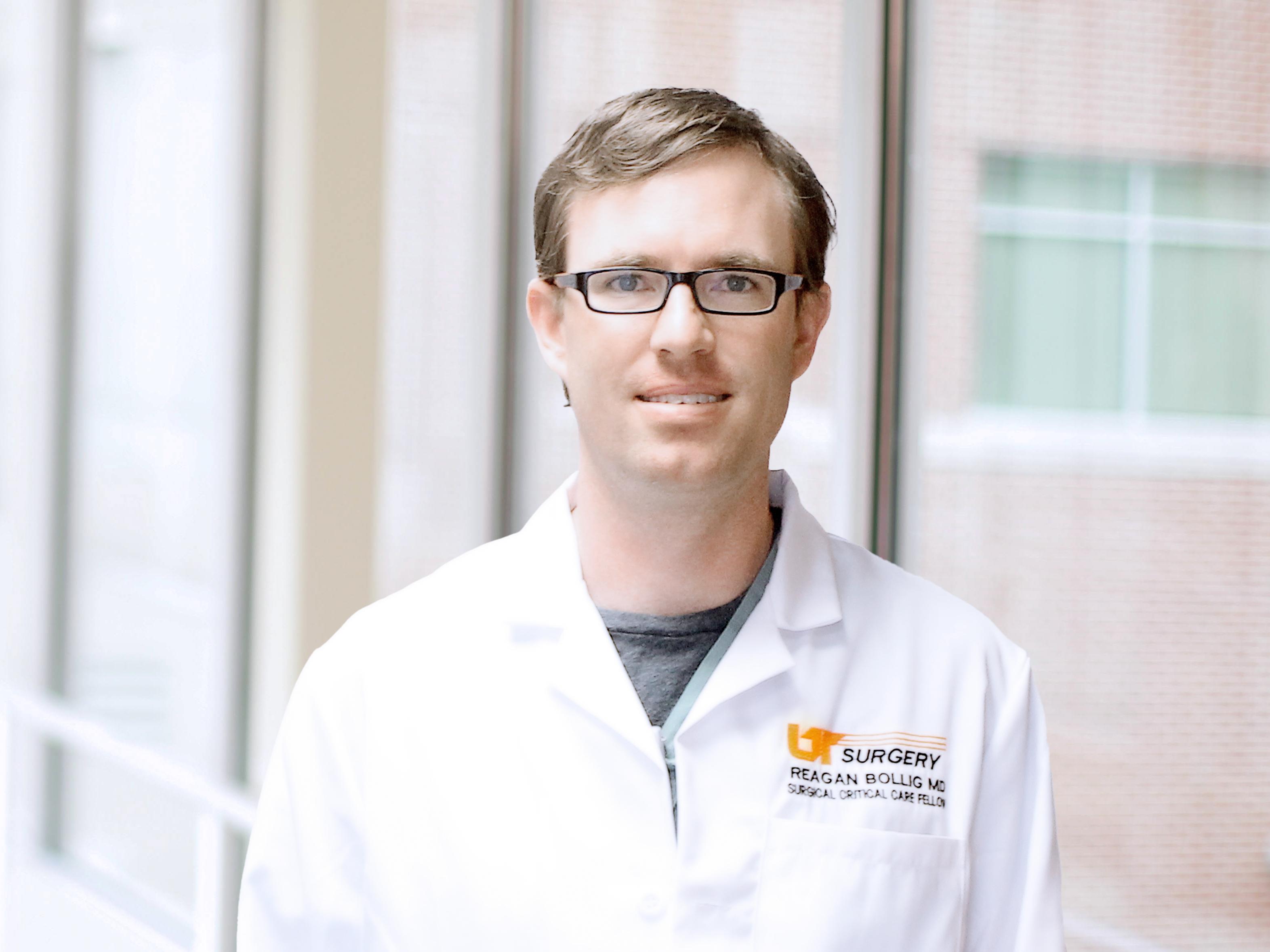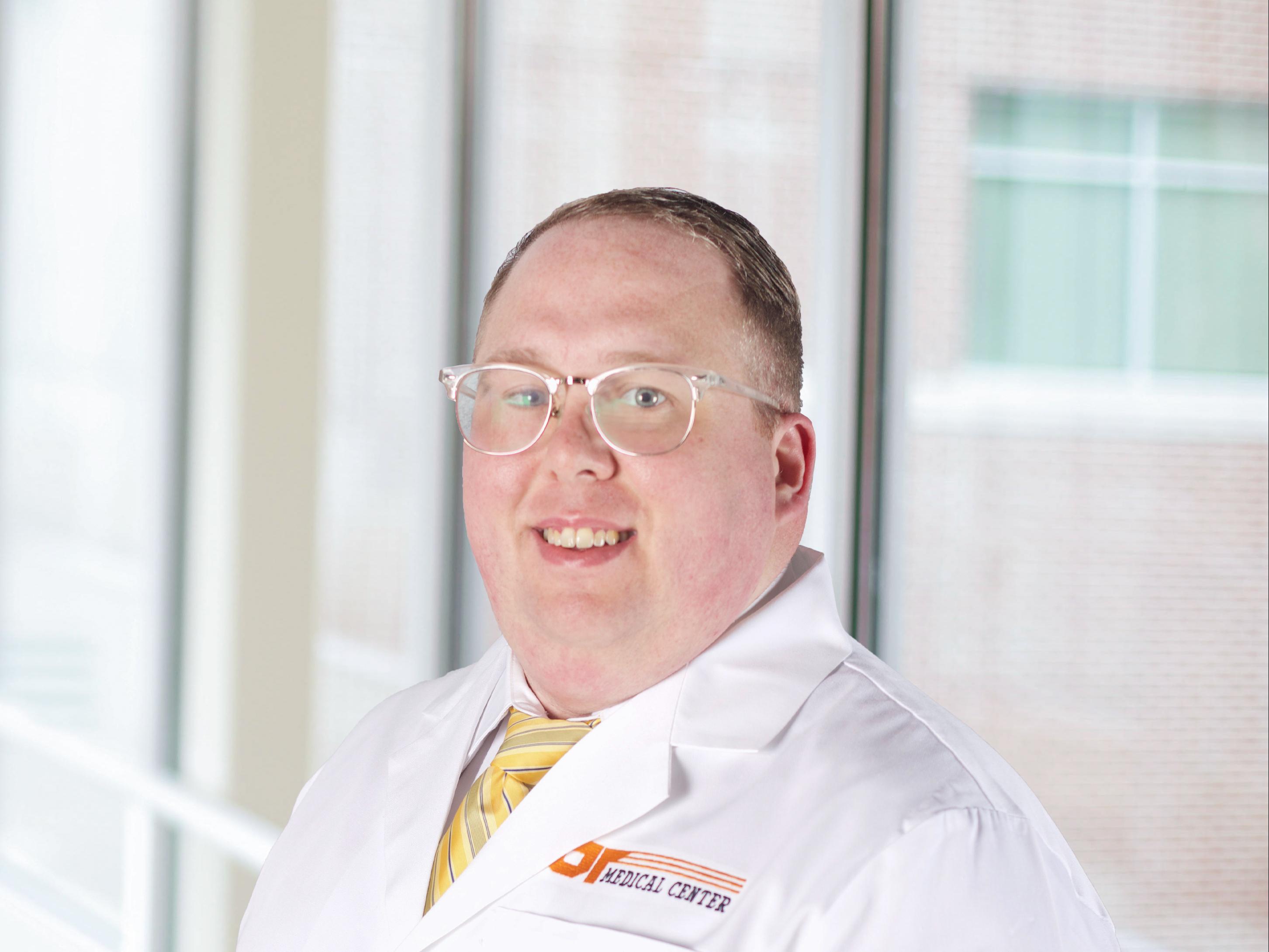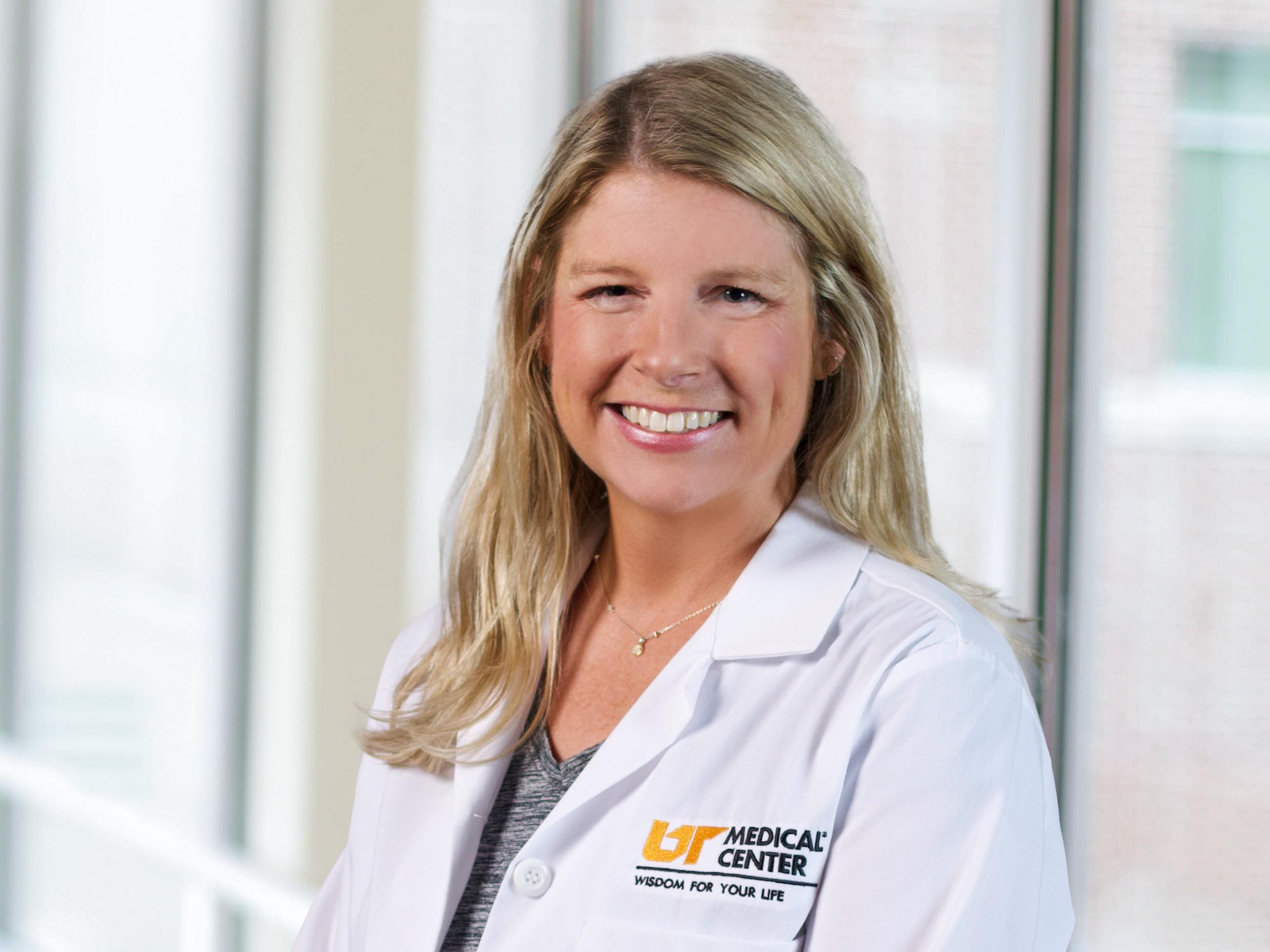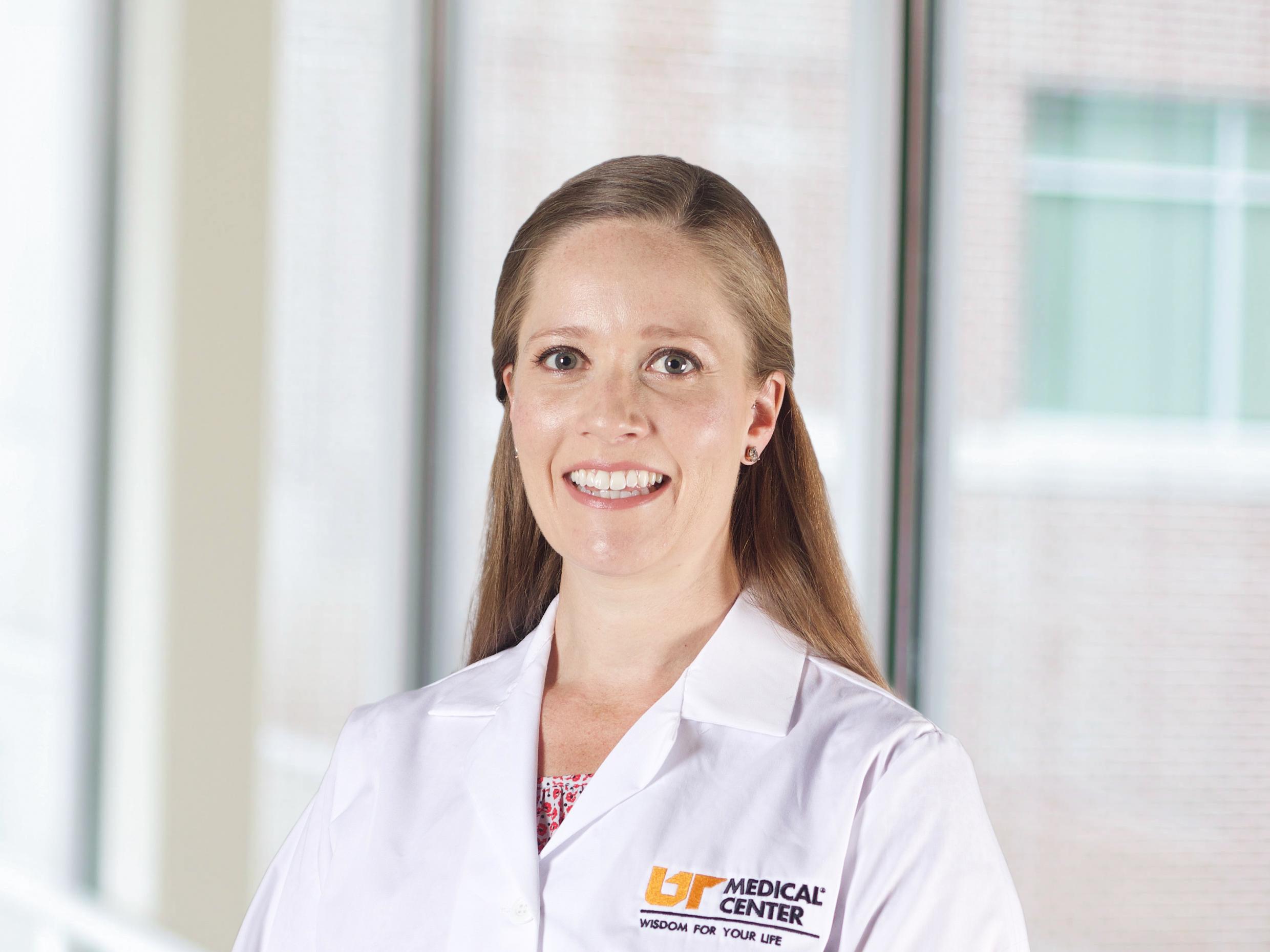Overview
General surgery is a term used to describe a categorization of procedures that span a wide range of biological systems and conditions. Surgeons who practice general surgery have a broad understanding of the body’s overall anatomy and processes, as well as a general comprehension of many different medical specialties. Our own team’s extensive knowledge and experience make it possible for us to provide emergency care, as well as non-critical surgical treatments.
Did you know that no two days are the same for a general surgeon? Our staff of surgeons performs a wide range of life-saving procedures every day using the latest in cutting edge surgical technology. All are highly trained, having completed years of extensive training in general surgery and critical care.
FAQs About General Surgery
What types of general procedures does your office perform?
Our team of general surgeons is on-hand to provide emergency and non-critical care. Some of the services we provide include:
- Hernia repair
- Biliary tract and gallbladder removal
- Appendectomy
- Thyroid and parathyroid removal
- Adrenal gland
- Diagnosis and treatment for surgical disorders of the stomach
- Treatment of GERD
- Diagnosis and treatment of disease of the small bowel
- Diagnosis and treatment of the colon, rectum and anus
- Lesions of the skin and soft tissue
- Vascular access
- Abscesses and wound care
- Spleen removal
- Medically complex surgical cases
- Surgical nutrition
Do You Treat Traumatic Injuries?
The physicians of University General Surgeons staff the Region’s Level I Trauma Center for adults and children located at the University of Tennessee Medical Center. All of our surgeons are double Board Certified in General Surgery and Surgical Critical Care. Our team cares for the most critically injured patients across a 21 county region by supervising and coordinating patient care consulting with specialty physicians as needed dependent upon the injuries sustained. Get more information at Trauma Services.
Do You Offer Minimally Invasive Procedures?
Many of our procedures are performed using minimally invasive techniques and laparoscopic tools when that is the best option for the patient at hand. While this technique allows for smaller incisions and a lower risk of post-operative complications it is not always the best option based upon the patient’s history and current condition. Our team thoroughly examines each patient and devises a customized treatment plan to care for the specific conditions at hand. Patients who undergo a minimally invasive procedure on average experience an accelerated recovery and less post-operative pain compared to those who undergo traditional open surgery.






